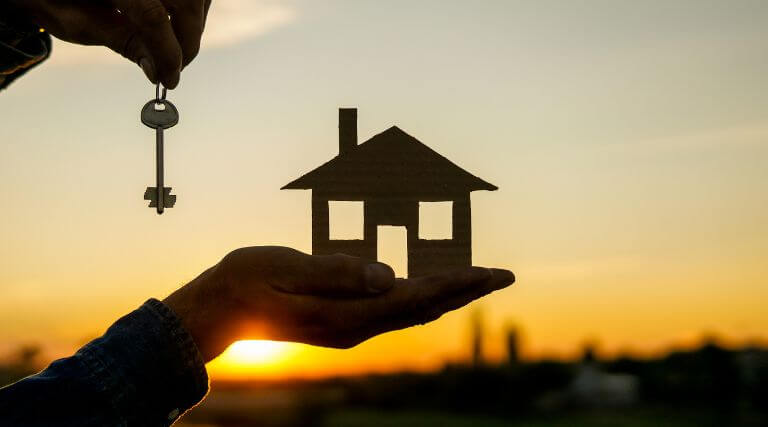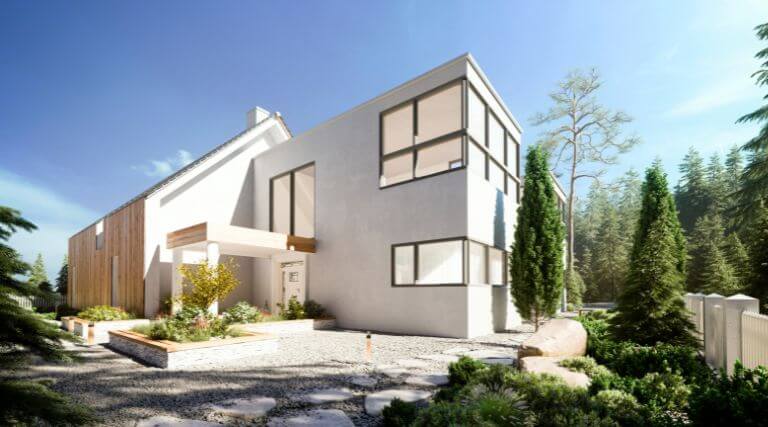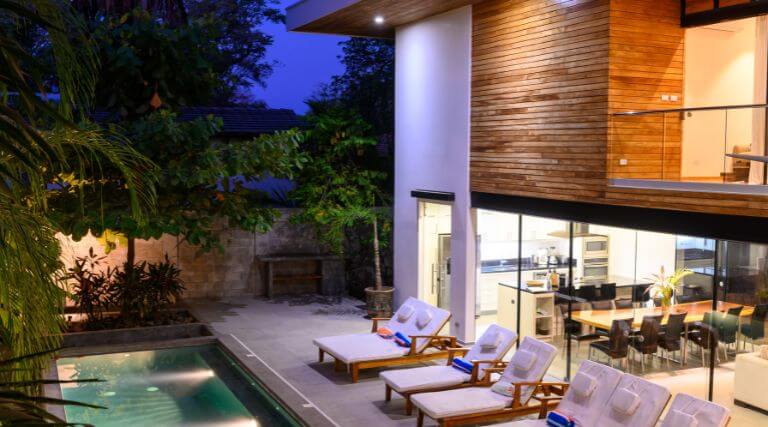Due to the ongoing inflow of new supply into the property in Dubai, developers have created alluring payment schemes to entice customers to buy built-up stock. Rent-to-own homes in Dubai are becoming more and more popular among purchasers as they make it easier for people to purchase their first house swiftly by removing the stress of a sizable down payment. This initiative gives developers access to a larger pool of consumers who might not otherwise have the upfront cash to buy – a win-win situation.
What is Rent-to-Own?
As the term implies, you rent a home to eventually purchase it. The literal translation according to Deepak Mandy is that you rent a house for a set amount of time to purchase it once your lease is up. This is how it begins! Your rent is partially applied to the future down payment on the house. That percentage of the rent is currently establishing the groundwork for your own home. Additionally, you are helping to increase the value of your home rather than just wasting money.
How Does Rent-to-Own Work?
Although each rent-to-own plan is different, in general, a developer and a buyer will agree to use the equivalent of rental payments as a down payment. With this arrangement, a buyer can pay rent and “save” for a down payment at the same time. Other plans have a longer time frame, like 20 years.
There is a 5% or less upfront payment required. The property in Dubai is paid off by making monthly payments to the developer rather than acquiring a mortgage. Once more, a down payment is necessary (although it is significantly less than the 25% down payment plus other upfront expenses required to acquire a mortgage).
The buyer has two options after the agreed-upon period has passed: either buy the property or break the contract. Given the convenience aspect for the buyer, the rent is generally greater than the market rate. However, if you couldn’t save for a deposit otherwise, the premium might be acceptable.
What Kinds of Contracts Are There for Rent-to-Own?
Option to Purchase: In this arrangement, the buyer pays an (option fee), which is a portion of the purchase price that has been mutually agreed upon, in exchange for the opportunity to purchase the Dubai real estate property in the future. If you decide not to make the purchase, you forfeit the option money.

Purchase contract: The buyer and developer decide on a fixed purchase price or opt to determine the cost with a future valuation at an agreed period. All terms are mutually agreed upon ahead.
The Benefits and Drawbacks of Rent-to-Own
A rent-to-own arrangement might be advantageous to both parties. Let’s examine some of its perks and drawbacks.
For sellers (landlords):

Having trouble selling your house? Finding an interested buyer might be made easier by renting to own.
Want to avoid having to pay two mortgages? (If you’ve purchased a different home):
Giving customers the choice to buy makes logical. Savings on maintenance will eventually result from having a long-term tenant take care of your home, which decreases your risk even if the agreement doesn’t work out.
If the property development in your area is booming, your investment might not be the best one because you are locked into the deal once you sign it.
Renters (Buyers):

Do you possess a poor credit rating? More time will be given to you to improve it or start from scratch.
You earn little money and don’t have enough cash on hand: Rent-to-own comes to your aid!
A portion of the rent is applied as a down payment on a mortgage. The wannabe homeowner can now breathe a sigh of relief!
It will also be possible for you to avoid the inconvenience of moving by living in a house that you own one day.
You will also be accountable for maintenance and repairs, unlike typical tenants for your property in Dubai (That hardly matters if you are firm in your buying decision).
What distinguishes lease-to-own from rent-to-own?
According to Deepak Mandy, lease-to-own properties and rent-to-own properties have some minor differences in Dubai real estate property. Lease-to-own agreements cover the entire purchase price, while rent-to-own programmes just cover the initial down payment. Because of this, lease-to-own agreements are often lengthier, ranging from 7 to 10 years, during which the buyer makes equal monthly payments toward the purchase price.
The mortgage is another significant distinction between lease-to-own and rent-to-own programmes. Dubai’s rent-to-own programmes are largely intended for purchasers who want to obtain a mortgage. On the other hand, lease-to-own programmes in Dubai are governed by an MOU that forbids the involvement of third parties like banks.
Where can I find properties in Dubai that I may rent to own?
The rising demand for rent-to-own in Dubai is now prompting several developers to respond to it. These choices are also provided by reputable real estate firms like Emaar, and there are more and more rent-to-own in Dubai South. Observable neighborhoods like Jumeirah Golf Estates, Al Furjan, and Business Bay are now offering rent-to-own possibilities, according to the portfolio of properties for sale.
You can look through our listings for rent-to-own homes in JVC, a suburban area that welcomes families. Al Furjan, which is a neighborhood in the Jebel Ali area, offers an alternative: rent-to-own homes.
While Dubai and Abu Dhabi have dominated the rent-to-own real estate market, other emirates like Ras Al Khaimah are now providing these alluring options to purchasers.
Remember that rent-to-own homes and flats in Dubai might cost 10% to 15% more than a typical property for sale if you are considering doing so.
What advantages do rent-to-own programs offer the seller?
When it comes to rent-to-own properties in Dubai, sellers might benefit from several factors because of property development. First, in exchange for greater flexibility, merchants may promote higher sales prices while providing rent-to-own options.
Real estate agents make the point that vendors who provide rent-to-own programs in Dubai can also serve a larger market of customers, including individuals who might not be prepared to make a purchase just yet.
Overall, when it comes to rent-to-own homes in Dubai, sellers are in a win-win situation. The seller benefits from having earned a larger rental revenue even if the buyer decides not to purchase the property after the rental agreement.



